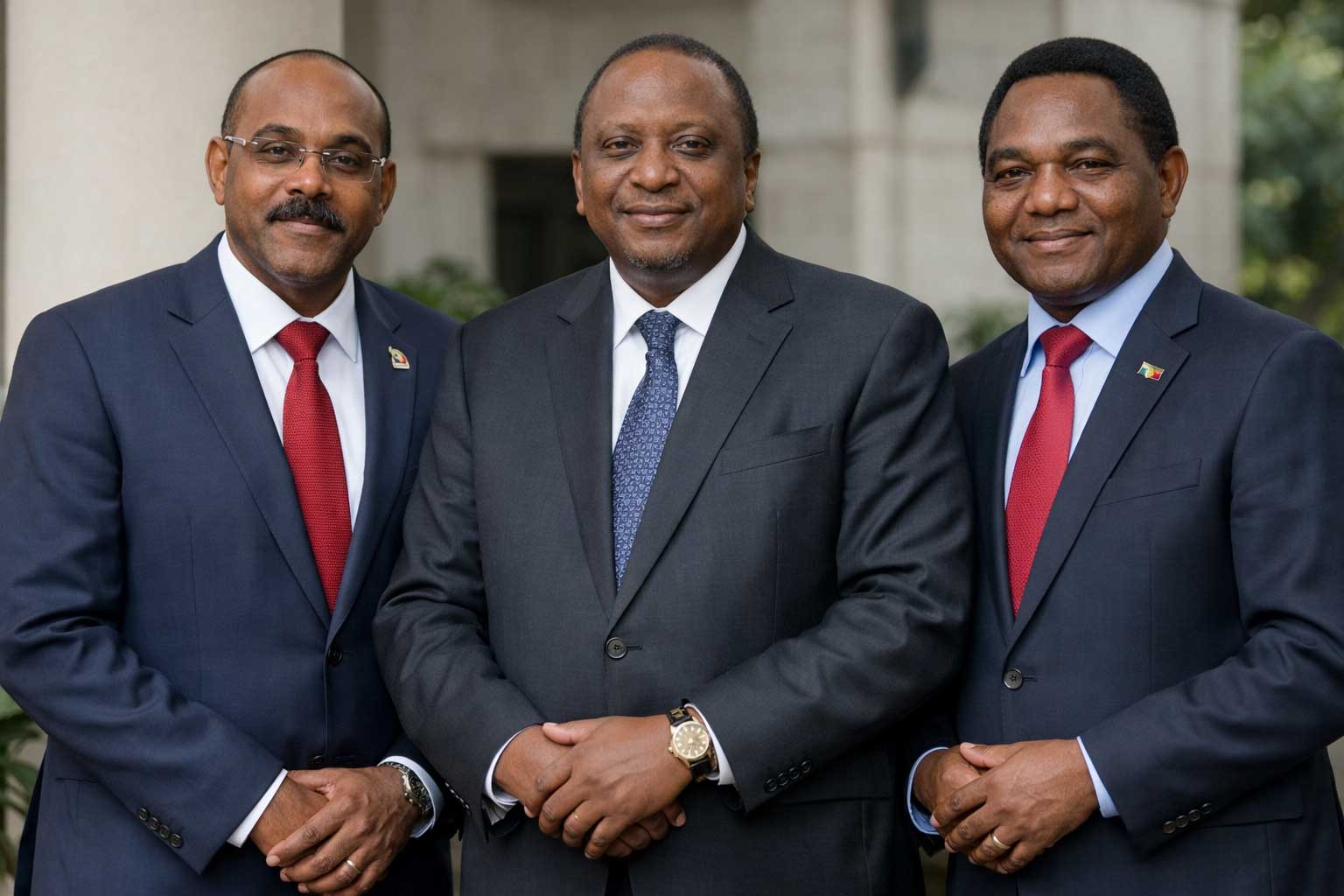If you want to go fast, go alone - if you want to go far, go together, Dame Sarah Mullally expressed during her inaugural address as the new Archbishop of Canterbury designate. This monumental appointment marks the first time a woman will lead both the Church of England and the worldwide Anglican Communion, yet it has prompted reactions of both sorrow and celebration.
The Global Fellowship of Confessing Anglicans (Gafcon), comprising conservative Anglican churches from Africa and Asia, responded negatively, stating they received the news with sorrow. In contrast, the Church of Southern Africa welcomed the move as a historic development. The rift between these factions illustrates the broader tensions within the Anglican community, especially concerning issues such as the ordination of women bishops and acceptance of same-sex relationships.
Many conservative Anglicans maintain a traditional view that only men should hold episcopal positions, a sentiment echoed by Most Reverend Dr. Laurent Mbanda, Archbishop of Rwanda and Gafcon's chairman, who emphasized that the majority of Anglicans still adhere to a male-only episcopacy as outlined in the Bible.
In recent years, the Church of England has been perceived as moving towards a more liberal stance, with debates around the principles of same-sex unions intensifying after the recent acceptance of those relationships.
While Gafcon has voiced displeasure with Mullally's pro-LGBTQ+ stance, progressive Anglicans see the appointment as a refreshing change, signaling a potential shift towards inclusivity. Bishop Emily Onyango of the Anglican Church of Kenya praised Mullally's appointment as a new dawn, although she noted tensions with conservative leaders within her own country.
This unprecedented selection of a female archbishop presents a pivotal moment for the Anglican Communion, with potential implications for its unity as it navigates these cultural and doctrinal divides. The ongoing dialogue and reactions signal that the road ahead will be complex, especially concerning gender and moral issues that continue to challenge many faith communities.

















